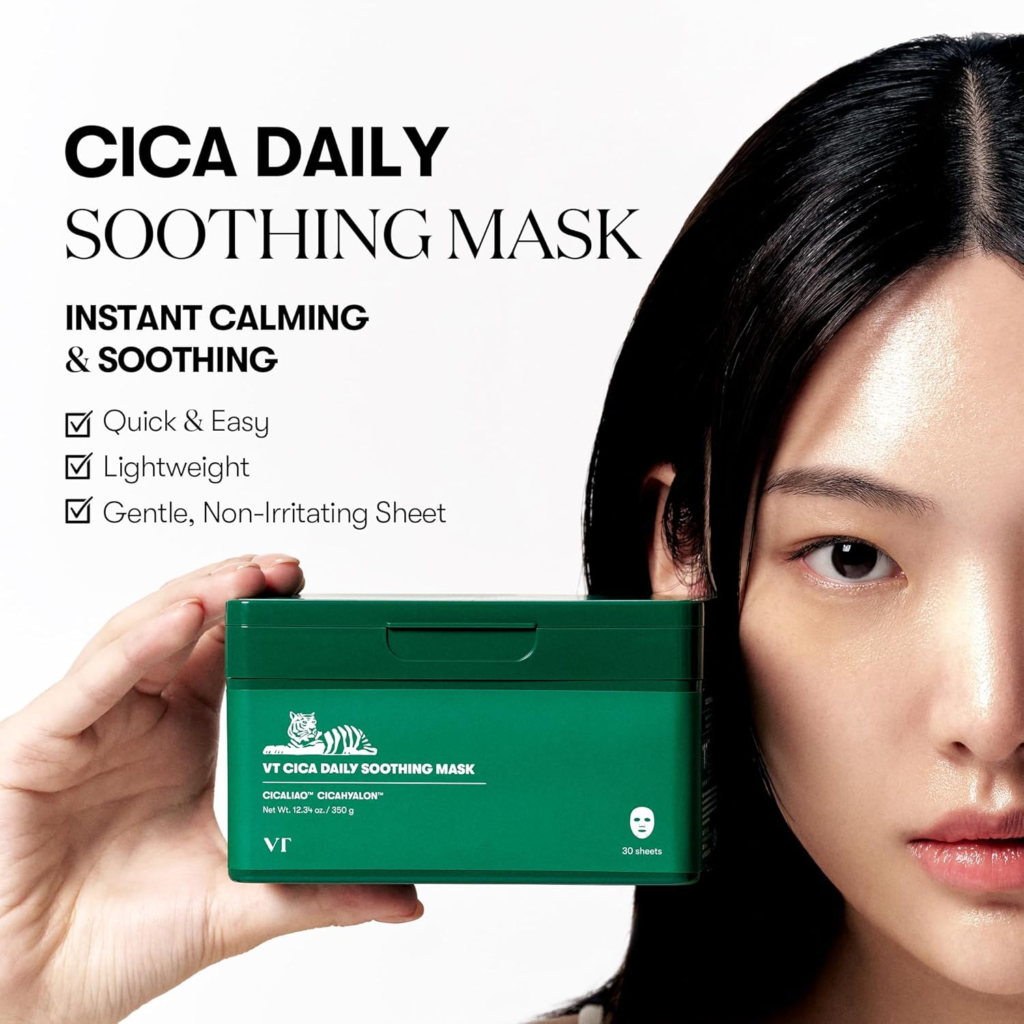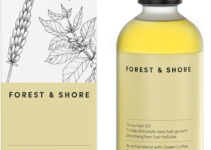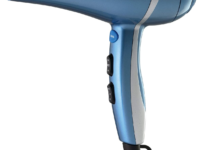In an age where self-care and personal wellness have taken center stage, the beauty industry has seen a significant shift towards luxury and premium products. Premium women’s beauty products are no longer just about superficial enhancement—they reflect a lifestyle, an identity, and a commitment to quality and innovation. From high-end skincare to luxurious makeup, fragrance, and haircare, these products are crafted to offer more than just results; they deliver an experience.
Defining “Premium” in Beauty
Before diving into the diverse range of premium products, it’s important to define what “premium” truly means in the beauty world. Premium beauty products typically stand out for their:
- High-quality ingredients: These include rare botanicals, scientifically advanced actives, and often cruelty-free or sustainably sourced components.
- Innovative formulations: Premium products are at the forefront of cosmetic science, offering formulations that promise better absorption, longer wear, and enhanced effects.
- Luxury packaging: Beautifully designed packaging adds to the user experience, conveying elegance and sophistication.
- Brand prestige: Many premium products are offered by well-established, trusted brands or boutique labels with cult followings.
The Evolution of Luxury Beauty
Historically, luxury beauty was confined to a few elite brands like Chanel, Estée Lauder, and Dior. However, the 21st century has witnessed a proliferation of niche brands offering luxury alternatives, often focused on clean beauty, sustainability, and inclusivity.
Brands like La Mer, Augustinus Bader, and Dr. Barbara Sturm have redefined what it means to be premium—emphasizing skin health and science over glamor alone. Meanwhile, brands like Charlotte Tilbury, Pat McGrath Labs, and Tom Ford Beauty combine artistry with luxury, offering products that are as aesthetically pleasing as they are effective.
Premium Skincare: The Foundation of Beauty
Luxury skincare forms the cornerstone of premium beauty. With consumers now understanding that good skin is the best canvas, investment in skincare has surged.
1. Moisturizers and Serums

Premium moisturizers like La Mer’s Crème de la Mer or Augustinus Bader’s The Rich Cream promise transformative effects, leveraging proprietary technology and high-performance ingredients. Serums like Estée Lauder’s Advanced Night Repair or Skin Ceuticals C E Ferulic deliver potent doses of vitamins and antioxidants that target everything from wrinkles to pigmentation.
2. Facial Oils and Essences

Luxury facial oils, such as Vintner’s Daughter Active Botanical Serum, boast complex blends of cold-pressed botanicals. Meanwhile, essences from brands like Tatcha hydrate and prep the skin, enhancing absorption and boosting radiance.
3. Anti-Aging Solutions

Anti-aging is one of the most lucrative segments in premium beauty. Products with retinol, peptides, and hyaluronic acid, like Dr. Dennis Gross’s Ferulic + Retinol line, combine dermatological expertise with spa-like indulgence.
4. Masks and Treatments

Luxury face masks—from SK-II’s Facial Treatment Mask to Sisley Paris’s Black Rose Cream Mask—offer instant rejuvenation, often becoming staple rituals for self-care nights.
Makeup: Where Art Meets Indulgence
Premium makeup is as much about performance as it is about luxury. High-end makeup not only delivers vibrant pigments and lasting wear but also elevates the routine into a moment of artistry.
1. Foundations and Concealers

Brands like Giorgio Armani (Luminous Silk Foundation) and Tom Ford Beauty create complexion products that blur imperfections while maintaining a natural finish. These formulations often include skincare benefits, making them dual-purpose.
2. Eyeshadows and Lipsticks

Pat McGrath Labs’ eyeshadow palettes are considered masterpieces of pigmentation and texture. Similarly, lipsticks from Christian Louboutin or Hermès offer not just stunning shades but beautiful casing that borders on collectible.
3. Blush, Highlighter, and Bronzer
Charlotte Tilbury’s Glowgasm collection or Westman Atelier’s blush sticks provide seamless application and a lit-from-within glow. These products often include nourishing ingredients like coconut oil or antioxidants, marrying skincare and cosmetics.
Haircare Goes High-End
Haircare is no longer an afterthought. Premium brands have recognized that consumers are willing to invest in hair just as much as in skin or makeup.
1. Shampoos and Conditioners

Luxury haircare brands like Oribe, Kérastase, and Christophe Robin deliver salon-quality results at home. These products often include ingredients like caviar, argan oil, and botanical extracts, helping with everything from hydration to color protection.
2. Hair Treatments

Products like Olaplex No. 3 or Sisley Hair Rituel offer targeted treatments for damage, breakage, or thinning hair. These formulas are science-backed and often come with a hefty price tag—but loyal users swear by the results.
3. Styling Products

High-end styling products, from Dyson’s Airwrap to R+Co’s Luxury Hair Oil, combine functionality with elegance, allowing women to recreate professional styles with ease and safety.
Fragrance: The Final Touch of Luxury
Scent has the power to transform a moment, and premium fragrances offer complex, long-lasting compositions that are unmatched by mass-market options.
1. Niche Perfumes

Brands like Le Labo, Byredo, and Maison Francis Kurkdjian (famous for Baccarat Rouge 540) offer signature scents that stand out in any crowd. These perfumes use rare ingredients and often tell a story through scent layering.
2. Custom and Bespoke Fragrances
For the ultimate indulgence, some premium houses offer customized scents. Personalized perfume blending sessions are becoming popular among the ultra-luxurious segment, turning fragrance into a deeply personal expression.
3. Sustainable Luxury Scents
More high-end fragrance houses are embracing sustainability. Brands like Ellis Brooklyn and Henry Rose provide clean formulations without compromising complexity or elegance.
Clean Beauty and Ethical Luxury
Today’s premium consumers are more informed and conscientious. As a result, there’s rising demand for luxury products that are clean, cruelty-free, and sustainably packaged.
1. Clean Skincare
Brands like Tata Harper and True Botanicals are pioneers in luxury clean beauty, using non-toxic ingredients without synthetic fillers. They also focus on eco-friendly packaging and responsible sourcing.
2. Ethical Makeup
Luxury makeup brands such as RMS Beauty and ILIA Beauty bridge the gap between green beauty and performance, offering products that are safe for the skin and the planet.
3. Sustainable Practices
Sustainability in packaging (glass bottles, refillable compacts) and production (carbon-neutral manufacturing) is becoming a hallmark of new-age premium beauty. Consumers are drawn to brands that align with their values.
Technology Meets Beauty: Smart and Personalized Products
Premium beauty is now infused with technology. From AI-based skincare analysis to personalized products, tech-driven innovation is pushing boundaries.
1. Smart Skincare Tools
Devices like the Foreo Luna or NuFACE facial toning devices have become integral parts of premium skincare routines, offering salon-quality treatments at home.
2. Customized Formulas
Brands like Function of Beauty or Curology offer personalized skincare and haircare products based on an individual’s needs, taking luxury into the realm of bespoke science.
3. Augmented Reality in Beauty
Luxury retailers and brands are adopting AR to allow customers to try on makeup virtually. This not only enhances the buying experience but also helps in finding the perfect match—be it a lipstick shade or foundation tone.
The Psychology of Luxury Beauty
What drives women to invest in premium beauty products? It’s more than just effectiveness—it’s about confidence, identity, and the joy of self-care.
- Emotional Connection: The tactile pleasure of applying a rich cream or the satisfaction of a beautifully pigmented lipstick creates emotional rewards.
- Social Identity: Carrying a YSL compact or spritzing a rare perfume can be a statement of taste and social positioning.
- Self-Care Rituals: Luxury beauty often ties into daily rituals that promote mindfulness and mental well-being.
Challenges in the Premium Beauty Space
Despite its booming growth, the luxury beauty sector faces challenges:
- Price Accessibility: Not everyone can afford premium products, leading to exclusivity that may alienate some consumers.
- Transparency: With rising demand for ethical practices, premium brands are being held to higher standards regarding ingredient sourcing and sustainability.
- Counterfeiting: The popularity of high-end products has led to a surge in fakes, especially online, posing safety risks.
The Future of Premium Beauty
The future is bright for premium women’s beauty products. We can expect:
- Hyper-personalization using genetic data or microbiome analysis.
- AI-powered beauty advisors in retail spaces.
- Waterless formulations for sustainability.
- Increased inclusivity in shades and marketing narratives.
As women continue to seek products that align with their values, enhance their self-expression, and provide visible results, premium beauty will continue to evolve—becoming smarter, cleaner, and more empowering than ever before.



